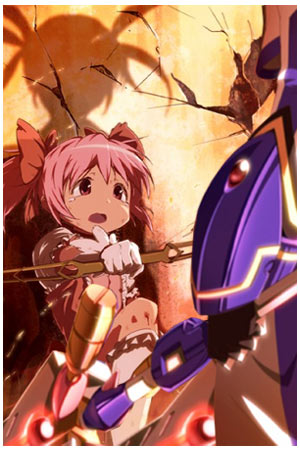When dealing with other languages there’s plenty of potential for words that are similar in sound to become confused in the brain despite being totally unrelated, for example the word 盆栽 bonsai (a miniature tree) is often confused with banzai (a Japanese word roughly meaning “may the Emperor live for 10,000 years,” essentially a translation of the British “God save the King”). Other words that can be confused easily are 奇麗 kirei (meaning clean or pretty, depending on the context) and 嫌い kirai (hateful); 可愛い kawaii (cute) and 怖い kowai (scary); or いっぱい ippai (to be full) and おっぱい oppai (er, boobs). Sometimes words can sound “different” when they’re really the same, like Nippon and Nihon, two valid ways to say the name of Japan in Japanese (the first one sounds a little more formal/patriotic and is what’s always used on NHK news broadcasts), or 腹切 harakiri and 切腹 seppuku, two words for Japanese ritual disembowelment but with the kanji in different order (the first uses the Japanese reading for the characters, the second the Chinese one). Word confusion can happen going the other direction, too, like the many Lord of the Rings fans here who believe the title is Road of the Ring (e.g. the road the ring takes to get to Mordor), or the way 99.9% of Japanese believe Pizza Hut is really Pizza Hat (the red roof even like a hat).

Is it kawaii or kowai? Or sometimes both.















